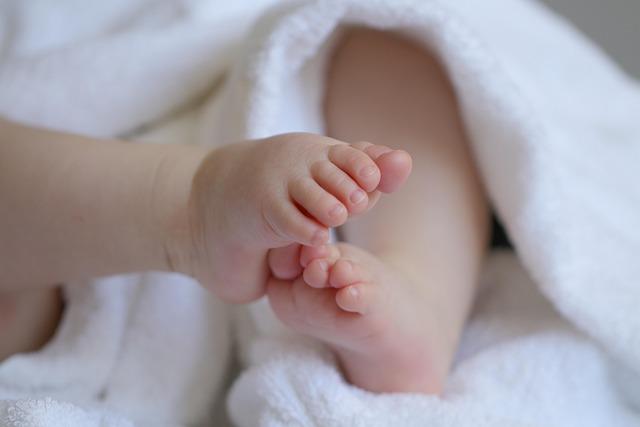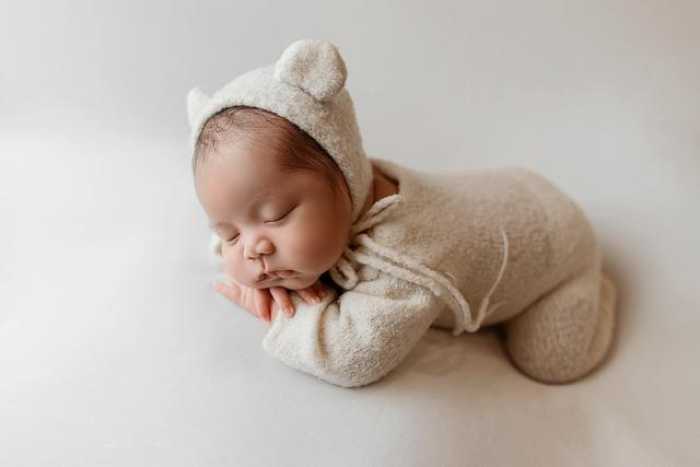Hey there, awesome parents and caregivers! If you’re diving into the exciting world of baby training and wondering how to turn those early learning moments into fun adventures, you’re in the right place. ”Baby Training 101: Fun Tips to Teach Your Little One!” is all about making those first lessons enjoyable for both you and your baby. From playful routines to simple tricks that spark curiosity,we’re here to share easy,stress-free ways to help your little one learn and grow. so grab a snack, get comfy, and let’s make baby training a blast!
Getting Your Baby’s Attention with Playful learning
Capturing your baby’s attention is all about turning everyday moments into playful learning opportunities. Babies are naturally curious,so use colorful toys,gentle sounds,and expressive faces to create an inviting environment. Interactive play, like peek-a-boo or gentle tickling, not only makes your little one giggle but also helps build their focus and anticipation skills. Don’t forget — your voice is a powerful tool! Singing simple songs or repeating fun sounds encourages auditory learning and strengthens your baby’s understanding of language.
To keep those tiny eyes glued,switch up your approach often. here are a few playful strategies:
- Use contrasting colors in toys and books to grab visual interest
- Incorporate movement by gently rocking toys or waving scarves
- Introduce textures with soft fabrics and safe objects for tactile exploration
- Mimic their sounds to create a fun back-and-forth interaction
| Activity | What It Helps |
|---|---|
| Peek-a-Boo | Object permanence & attention |
| Singing Nursery Rhymes | Language skills & memory |
| Texture Play | Sensory development |

Making Bath Time a Splashing Opportunity for Teaching
Bath time isn’t just about getting clean—it’s a golden chance to sneak in some early learning while having a blast! Use colorful bath toys to teach your baby about shapes, sizes, and even basic counting.For example, you can say, “Let’s find the big blue duck!” or “Can you hand me two pink cups?” These simple prompts turn splashing around into an interactive game that sparks curiosity and language development.
Throw in a few gentle songs or rhymes about water and animals to boost auditory skills and memory. Creating a mini splash zone with cups, funnels, and soft sponges helps your little one experiment with cause and effect—like pouring water and watching it flow. Here’s a fast cheat sheet to keep your bath time both educational and fun:
- Colors: Point to toys and name their colors.
- numbers: Count toys as your baby plays.
- Textures: Explore soft, smooth, and bumpy bath materials.
- Sounds: Make splash noises and talk about them.
Simple Everyday Routines That Boost Your Baby’s Skills
Incorporating small, playful habits into your daily routine can work wonders for your baby’s development. Simple activities like encouraging tummy time, singing catchy nursery rhymes, or playing peek-a-boo not only keep your little one entertained but also sharpen essential motor skills and boost cognitive growth. Try to make these moments consistent—using diapers changes,bath time,or mealtime as opportunities to chat,point,and explore new textures and sounds helps create a stimulating environment without much extra effort.
Here are a few easy-to-try ideas to sprinkle throughout your day:
- stacking soft blocks to build fine motor skills
- Reading vibrant picture books to nurture language
- Imitating animal sounds to boost memory and listening
- Encouraging crawling by placing toys just out of reach
| Routine | Skill Boosted | Perfect Time |
|---|---|---|
| Tummy Time | Strength & coordination | Before Nap |
| Singing Songs | Language & Memory | Car Rides |
| peek-a-boo | Object Permanence | Playtime |
Celebrating Small Wins to Keep the Motivation High
Every tiny step your baby takes is a massive victory worth cheering! Whether it’s their first giggle, a triumphant clap, or even just making eye contact, these moments light up the path forward. Recognizing and celebrating these small achievements not only boosts your little one’s confidence, but also keeps your own spirits luminous during the sometimes challenging journey of early learning.
Try turning these milestones into fun mini-celebrations with simple rewards like:
- A joyful dance together
- Funny faces or silly sounds
- Favorite songs or storytime treats
- Extra cuddle sessions
This positive reinforcement forms a happy feedback loop, encouraging your baby to explore and try new things while feeling loved and supported every step of the way.
Q&A
Q&A: Baby Training 101 – Fun Tips to Teach Your Little One!
Q: What exactly is “baby training”? Isn’t that a bit much for a tiny human?
A: Great question! Baby training isn’t about strict schedules or intense lessons. It’s more about gently introducing your little one to new skills and routines in a fun, loving way. Think of it as guiding your baby through the early stages of learning how to eat, sleep, communicate, and explore their world.
Q: When should I start “training” my baby?
A: You can start as early as a few months old! Babies soak up information like little sponges. Simple things like tummy time, talking to them, and encouraging reaching for toys are all part of early training. The key is to keep it playful and pressure-free.
Q: How can I make baby training fun for both of us?
A: Make it a game! Use songs, silly voices, and colorful toys. For example, turning diaper changes into a mini dance party or singing silly songs during feeding time keeps your baby engaged and happy. Remember, your enthusiasm is contagious!
Q: What are some easy skills to start teaching my baby?
A: Begin with basics like recognizing their name, holding objects, and simple gestures like waving bye-bye. Reading picture books together is great for language skills, and peek-a-boo teaches object permanence – fancy term for “things don’t disappear forever,” which kids find magical.
Q: How do I know if my baby is ready for certain milestones?
A: every baby develops at their own pace, so don’t stress! Look for signs like interest in toys, responding to sounds, or trying to imitate your expressions. If you’re unsure, chatting with your pediatrician can give you peace of mind.
Q: What should I avoid when training my baby?
A: Avoid putting too much pressure or expecting perfection. Babies learn best with love, patience, and repetition. Also, skip overwhelming toys or activities that might overstimulate them. Keep things simple and follow your baby’s led.
Q: Can siblings or pets help with baby training?
A: Absolutely! Older siblings can be awesome playmates and role models. Pets add extra fun and even help with social skills. Just make sure interactions are safe and supervised, especially with little ones involved.
Q: Any last tips to keep baby training stress-free?
A: Take it one day at a time, celebrate little wins, and enjoy the messy, silly moments. Your baby’s biggest teacher is YOU – your love and attention. So relax, have fun, and watch your little one shine!
The Conclusion
And there you have it—baby training doesn’t have to be a daunting task! With a little patience, plenty of play, and lots of love, teaching your little one new skills can become one of the most fun and rewarding parts of your day. Remember, every baby learns at their own pace, so celebrate the tiny victories and enjoy this special journey together. Happy parenting, and here’s to many more giggles and milestones ahead!










